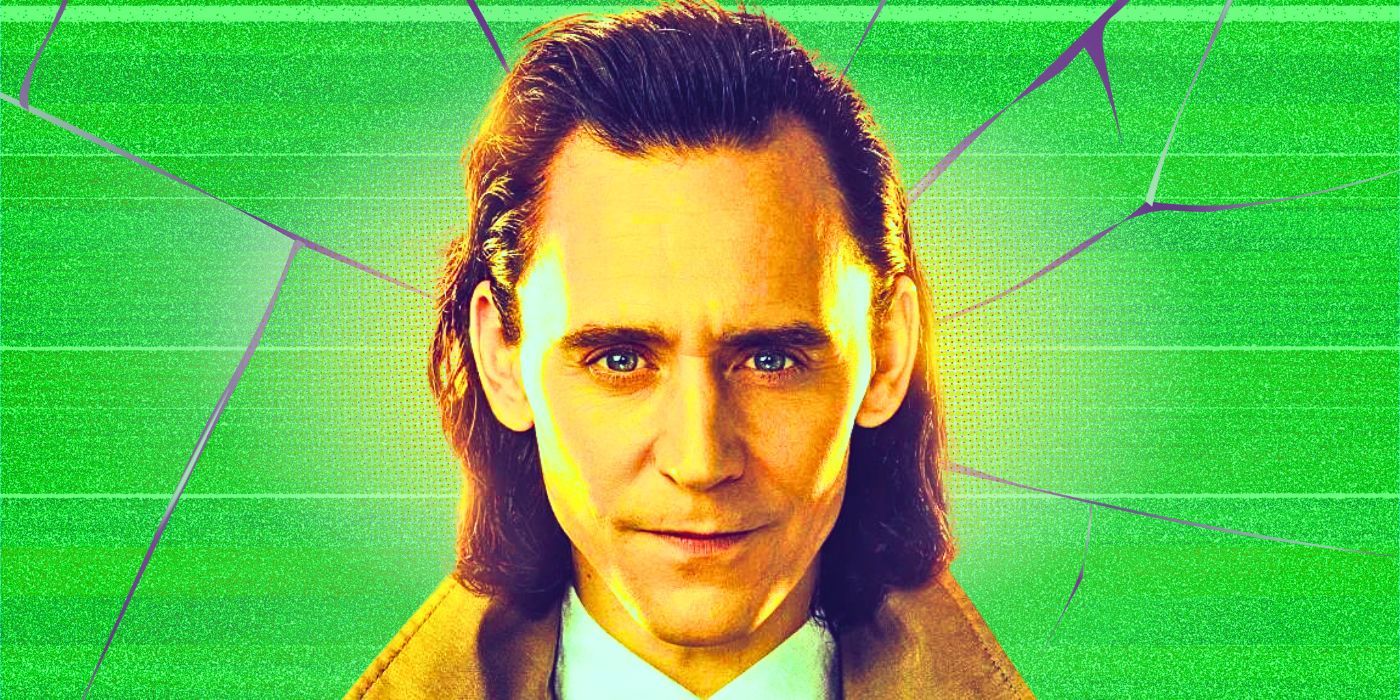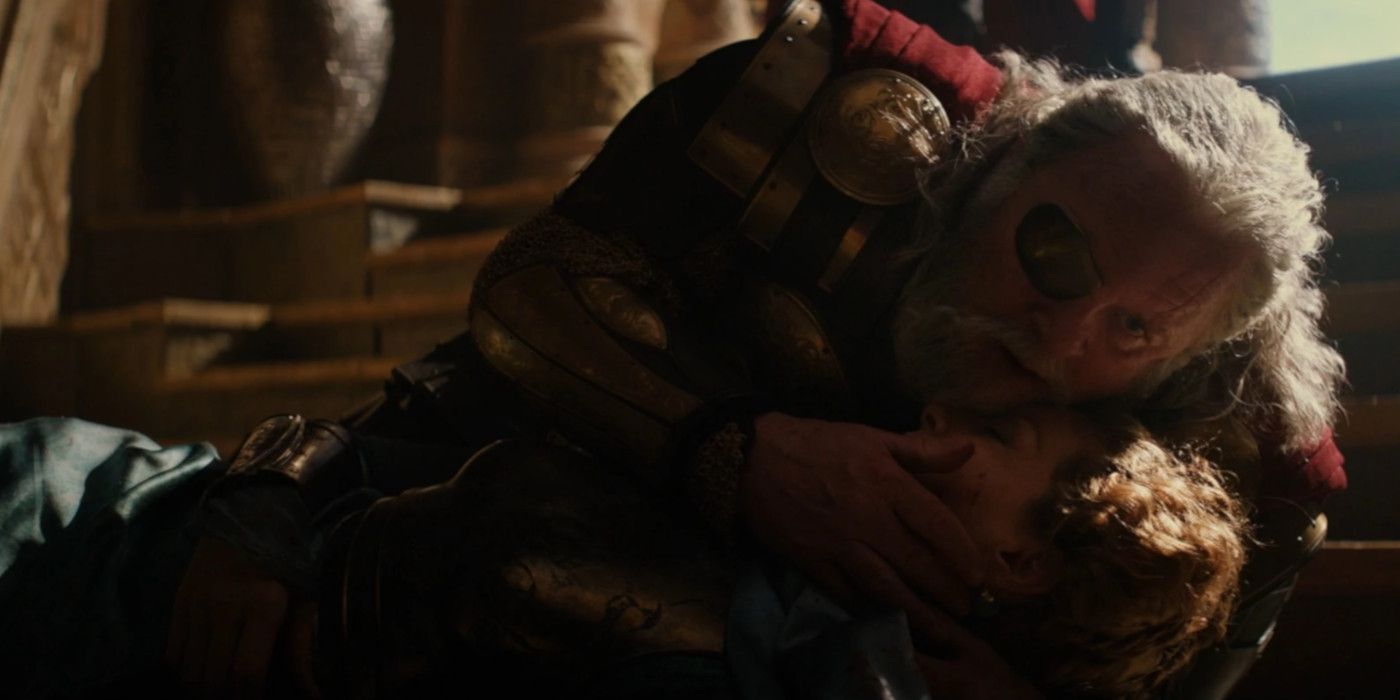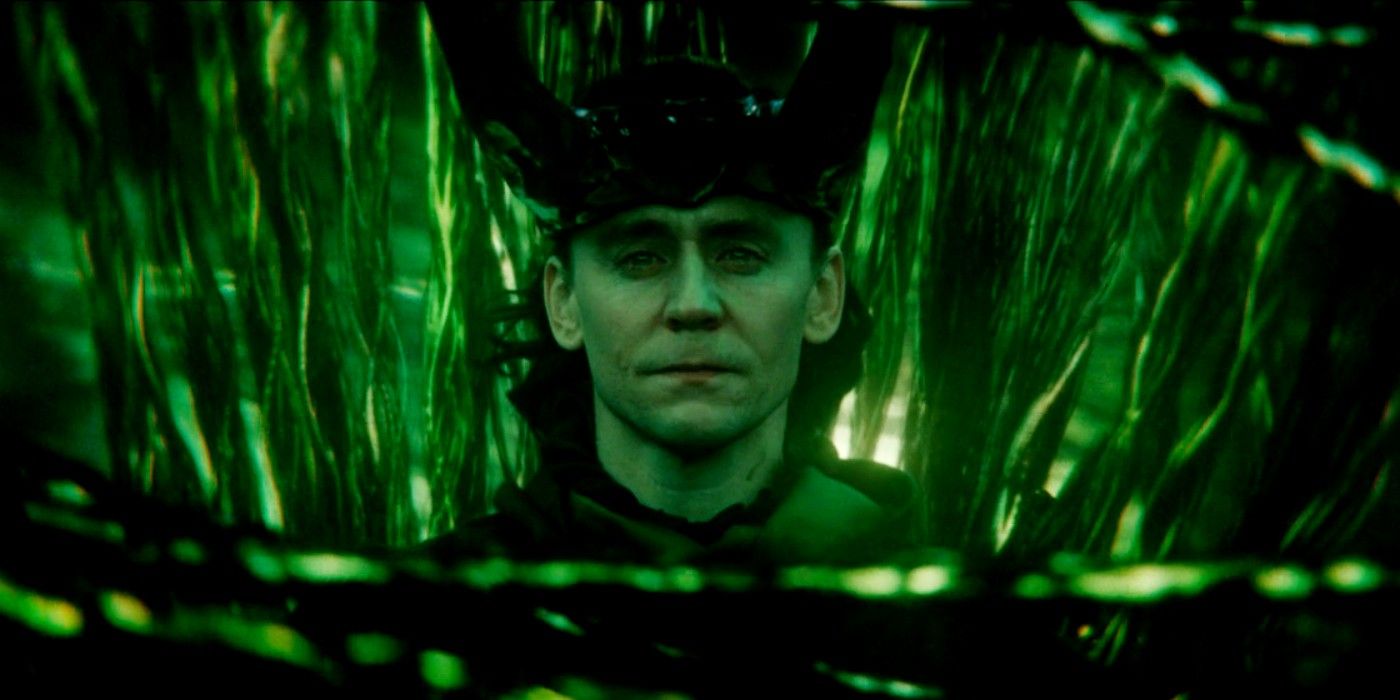Loki’s multiverse-saving sacrifice became his defining moment in the MCU, but may have been spurred on by one death that occurred in 2013.

One of the most tragic MCU deaths from 2013 may have been responsible for Loki’s sacrifice, and therefore saving the multiverse. Loki’s MCU journey is one of the most complex in the franchise, with his time on the Sacred Timeline culminating in his gruesome death at the hands of Thanos at the beginning of Avengers: Infinity War. Avengers: Endgame then saw his MCU tenure resume as he became a variant via the use of the Tesseract, thus commencing his character-defining adventures with the TVA.
Despite being at his most villainous when the TVA apprehended Loki, he would swiftly become one of the MCU’s greatest heroes throughout the events of Loki seasons 1 and 2. After discovering the nature of the Sacred Timeline and He Who Remains’ designs, Loki would eventually supplant the Kang variant in the Loki season 2 ending to ensure the multiverse, and free will, can thrive. This act required Loki to sit in a space outside of time, eternally tasked with holding the multiverse together in a fate tantamount to the ultimate sacrifice – which is something that was predicated by his mother, Frigga.
Loki’s Sacrifice Is Foreshadowed By Frigga’s Own
Frigga Died In Thor: The Dark World (2013)

Loki’s sacrifice was mirrored by that of his mother, Frigga, who put herself in harm’s way in order to protect Jane Foster and the Aether from the invading Dark Elves’ forces. Frigga’s death was a result of a successful diversion through the use of her powerful magic. Her sacrifice was necessary to ensure the success and survival of those she loved most and ended up hitting Loki particularly hard. Loki’s sacrifice, therefore, was proof of their bond and the lessons he learned from her as he proved himself capable of similarly drastic yet necessary measures.
Frigga’s Death Makes Loki’s Season 2 Decision The Perfect End To His Redemption Arc
Loki’s Sacrifice Came In Loki Season 2 (2023)

With Loki becoming so integral to the MCU’s multiverse after making his heroic sacrifice, it is easy to forget how villainous he was mere moments before his TVA adventures began. This meant that Loki seasons 1 and 2 had to squeeze in a significant redemption arc to turn him into the hero he was meant to be. Having him progress from coveting a throne from which to rule to sitting on a throne as a facilitator of total freedom was a particularly poetic way of achieving this.
Loki’s ability to sacrifice life as he knows it is rendered all the more poignant by the fact that he is emulating his mother. This is made especially interesting by the fact that the character may have done so without even necessarily being aware of such, as this Loki only learns of Frigga’s death and his involvement in it through his interrogation with Mobius early on in Loki season 1.
Loki’s loved ones are few and far between, and his ability to make the ultimate sacrifice in the absence of his mother, but in a way that shows what he has learned from her, makes the moment even more tragic. The fact that the Loki variant in Loki was not present for his mother’s death improves this redemption, showing that his deep connection to her lives on in his sacrifice.

